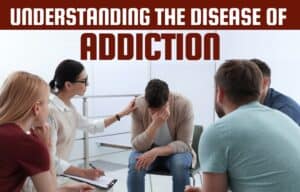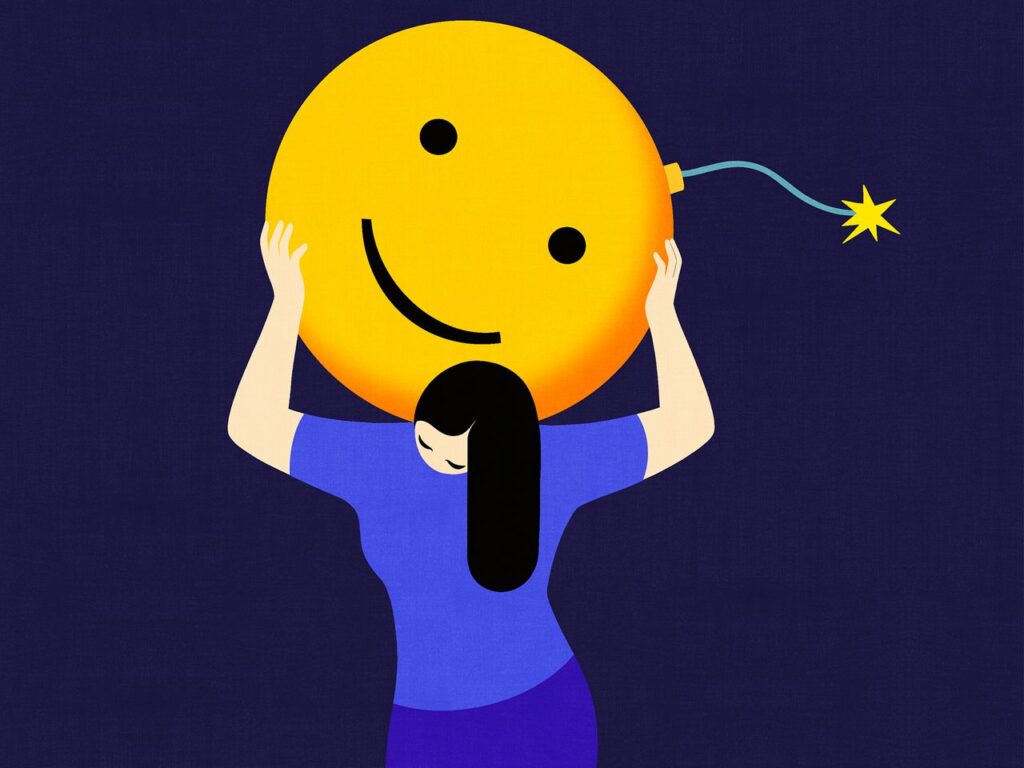
Understanding the Disease of Addiction
Many a time, a family brings their patient to me, explaining how their patient despite the best of their efforts is not able to quit….

“Don’t worry, look at the bright side!”
“It’s okay, don’t be sad. They have got it worse than you.”
“Just be happy.”
“Do not be so frustrated or angry, there is no reason to be.”
From a very early age, we all are encouraged to both implicitly and explicitly maintain a positive outlook toward life at all times. The stories that we are told, and the anecdotes that are shared in our household or office all point towards one direction- to crush down those negative thoughts and feelings and to stay positive no matter what.
There are numerous studies suggesting the benefits of being optimistic and engaging in positive thinking and positive self talk, but on the other hand,

Therefore, the question arises, “What is Toxic Positivity?”
As stated by Kendra Cherry,
It enforces positive thinking as the only solution to problems, demanding that a person avoids negative thinking or expressing negative emotions.
However, life is not always so progressive and upbeat. We all have painful emotions and hurting experiences. Those emotions, while often unpleasant and disagreeable, need to be felt and dealt with openly and justly to achieve acceptance and better psychological health.

How painful and exhausting it might get for any of us to bear the burden of such responsibility where instead of accepting our emotions as they are and giving ourselves the time to get over these feelings naturally, we tend to create a clutter of optimistic approach.
This formation of constant positive viewpoints inevitably leads to risks that not only make a person feel stigmatized and judged but offer insufficient support as well.
Grief and sorrow are normal at the time of loss. A person who repeatedly hears messages to move on or be happy might feel as though others do not care about their loss.
When people engage in toxic positivity, it allows them to sidestep emotional situations that make them feel uncomfortable. Sometimes we turn these same ideas on ourselves, internalizing them. When we feel difficult emotions, we then discount, dismiss, and deny them.
People who feel pressure to smile in the face of adversity may be less likely to seek support. They may feel isolated or ashamed of their feelings, deterring them from seeking help.
Every relationship has challenges. Toxic positivity encourages people to ignore these challenges and focus on the positive. This approach can destroy communication and the ability to solve relationship problems.
Toxic positivity allows us to avoid feeling things that might be painful. This denies us the ability to face challenging feelings that can ultimately lead to growth and deeper insight.
Everyone experiences negative emotions sometimes. When a person is unable to feel positive, they may feel as though they are failing which may lead to low self-esteem.
We as humans feel a variety of emotions which are both positive and negative and that is the beauty of being alive.
But toxic positivity demands from us to deprive ourselves of our innate sentiments, avoiding the authentic experiences that this life has to offer and that is actually more tiring than it may sound.
In order to deal with mental disorders of any kind, you can consult the psychiatrists and psychologists. Schedule a counseling sessions with the mental health experts nearby you and diagnose the disease quickly. Early intervention may help in preventing major consequences of a disease.

Many a time, a family brings their patient to me, explaining how their patient despite the best of their efforts is not able to quit….

Stress is a functional part of life. Without stress, we might not be able to perform actively…

We all know that exchanging information is communication but are we effective at it? …

In India, it is quite common for us to take care of our parents…
WhatsApp us